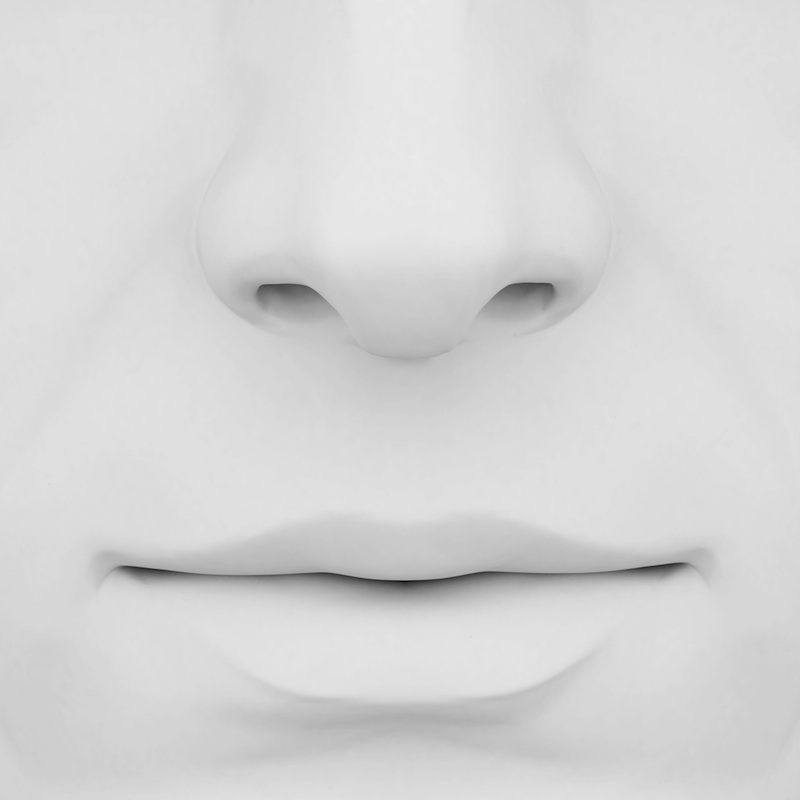Exercise May Work Out Well for Your Nose

Regular exercise may lower the risk that a person's sense of smell will fade, which tends to happen as people age, a new study finds.
The study included about 1,600 people ages 53 to 97 who didn't have any problems with their sense of smell at the study's start, and were followed for up to 10 years. Researchers tested the participants' ability to detect eight odors, including chocolate and coffee, three times over the course of the study. Participants also reported their exercising habits.
During the study period, about 28 percent of people developed impairment in their sense of smell, and the results showed a link between exercising habits and smelling ability, after adjusting for age and gender.
"Participants who reported exercising at least once a week long enough to work up a sweat had a decreased risk of olfactory impairment," the researchers wrote in the study, published today (Oct. 17) in the journal JAMA Otolaryngology-Head & Neck Surgery.
The results also showed that the more people exercised, the lower their risk was of developing olfactory impairment.
The sense of smell serves a number of purposes: It helps people identify toxic chemicals, and enjoy the flavor of foods. The sense of smell, or olfactory function, may decline as people age, and men are more likely than women to see a decline in their smelling abilities.
Studies have found that about 25 percent of people ages 53 and older have an impaired sense of smell. Risk factors for developing this decline include smoking and having nasal polyps or a deviated septum.
Sign up for the Live Science daily newsletter now
Get the world’s most fascinating discoveries delivered straight to your inbox.
It's not clear how exercising may protect a person's smelling ability, but one possible explanation could be that exercise improves either brain functionor overall general health, the researchers said.
The study found an association between exercise and maintaining a better sense of smell, but it doesn't prove a cause-and-effect relationship. It is also possible that people who exercise are generally healthier, and their lifestyle and other behaviors have a protective effect on their olfactory system, the researchers said.
Email Bahar Gholipour. Follow LiveScience @livescience, Facebook & Google+. Original article on LiveScience.

